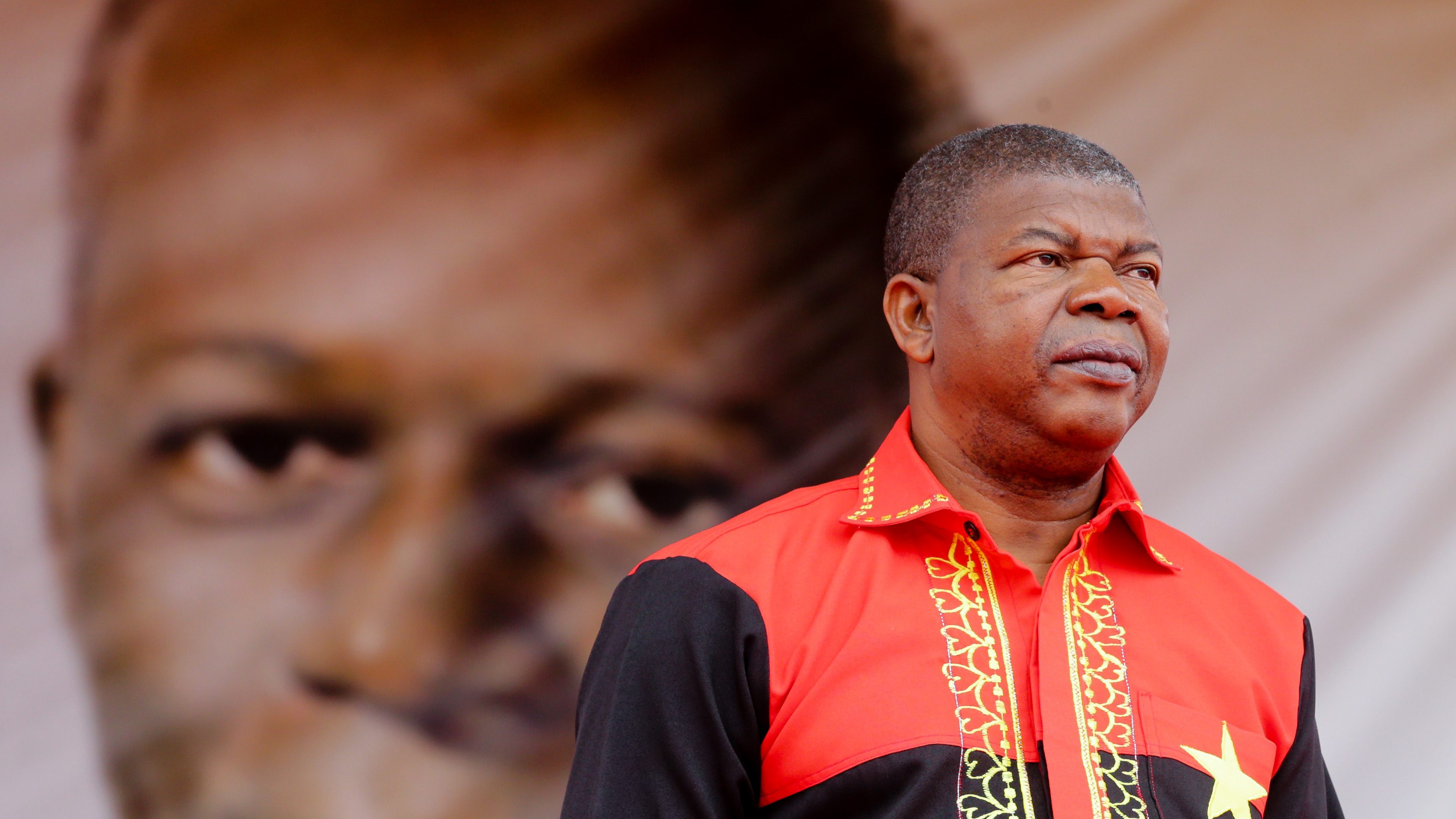Centeno warns about the amendments to the State Budget
The minister of Finance published an opinion article last week exclusively for ECO, in the context of the proposed amendments to the State Budget.
The minister of Finance published an opinion article last week exclusively for ECO, in the context of the proposed amendments to the State Budget, showing his position against changes which will simply mean an increase in expenditure and a reduction of revenue.
In the minister’s opinion, the “spending spree” from past governments, namely Barroso’s and Sócrate’s administrations, need to be avoided. The minister’s reaction comes in a time when the amendments are starting to be presented, and Centeno seems to not be very pleased with the options being discussed.
“There must be an open debate around the economic, financial and budgetary options as we seek the best solutions. This is how we can improve the social capital of the country. However, the balance of these options is key. We can’t simply consider one side of the scale, whether it means to increase revenue or expenditure. When choosing the measures we want to apply, we need to continue promoting the kind of responsible stability that has brought us thus far”, the minister says in his opinion article.
The government delivered the State Budget proposal on the 15th of October which has also been approved in the Parliament. The parliamentarians had until Friday to present any amendments to the document, and 400 were known as of the date of the publication of the Finance ministers opinion article. Some of these will increase expenditure, as is the case of a proposed enlargement of the new rules for early retirements to CGA (Caixa Geral de Aposentações) and a reinforcement in funds for university residencies, whereas some will decrease revenue, as for example could happen with the proposed cancellation of the ISP additional tax.
In his opinion article, the minister says that the country has to “continue adopting measures that envision the controlled evolution of public expenditure”. For State Budget 2019, the minister of Finance is proposing a historically low deficit target at 0.2%. Despite that, he defends that these prospects are “normal for European standards and compatible with the sustainability of public finances, as well as with the quality of the public sector’s performance”.
A word about Barroso’s and Sócrates’ administrations
The minister of Finance also noted that “the future is secured by applying measures that help expenditure decrease, and not through the pursuit of measures which notably have proved to be too reckless in the past, with revenue not compensating for the level of expenditure”.
As ‘the past’, Centeno is referring to the period of 2002-2011, in which Barroso (2002-2004) and Sócrates (2005-2011) were in power. “If we look at these past experiences, we can easily detect why there was an excessive deficit: between 2002 and 2011 the weight of current expenditure on GDP had increased by 6.7 percentage points (4.1 during the first four years, and 2.5 during the last six years). This situation cannot be repeated. As we already said before: we can’t move backwards”, Centeno wrote.
In the opinion article “Fulfilling the State Budget we Presented”, the Finance minister defends that “the distinctive traits of this administration is that the financial trajectory of the Portuguese public finances presented for 2015 has been fully accomplished so far”.
For Centeno, this is what has allowed the Portuguese government to save millions of euros in interests, which has allowed the government to “invest more (and not less) in the Portuguese people and in the public services”, also making it possible for the country to be more prepared for a possible slowdown of the European economy, without the risk of getting into “excessive deficit again”.




